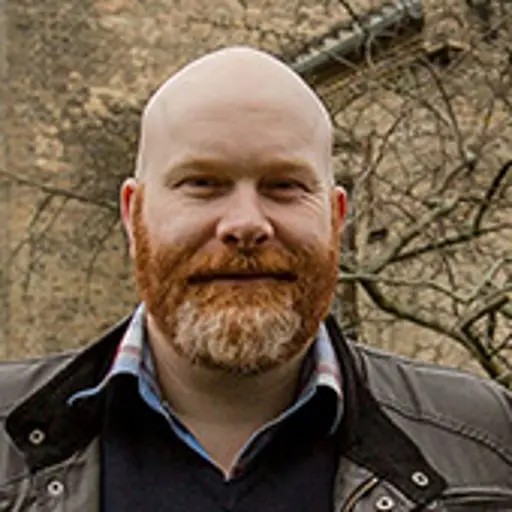Course syllabus adopted 2022-02-14 by Head of Programme (or corresponding).
Overview
- Swedish nameDe stora frågorna: om naturens byggstenar, universum, liv och framtiden
- CodeSEE045
- Credits7.5 Credits
- OwnerFRIST
- Education cycleFirst-cycle
- Main field of studyEngineering Physics
- DepartmentSPACE, EARTH AND ENVIRONMENT
- GradingUG - Pass, Fail
Course round 1
- Teaching language Swedish
- Application code 99115
- Maximum participants250
- Minimum participants25
- Open for exchange studentsNo
Credit distribution
Module | Sp1 | Sp2 | Sp3 | Sp4 | Summer | Not Sp | Examination dates |
|---|---|---|---|---|---|---|---|
| 0119 Written and oral assignments 7.5 c Grading: UG | 4 c | 3.5 c |
In programmes
Examiner
- Per Bjerkeli
Eligibility
General entry requirements for bachelor's level studiesAim
The course aims to give an introduction to our major basic questions and create the conditions for developing a reflective and interdisciplinary approach to: nature's building blocks, the emergence of life, the conditions for life in the universe and the challenges of the future.Learning outcomes (after completion of the course the student should be able to)
1. Describe the various constituents of the Universe and its properties (e.g. the basic properties of elementary particles, how atoms build up larger units, and the composition of the Universe).2. Describe how life can be defined, and how it originated and developed on earth.
3. Describe the conditions for how life can arise in other places in the Universe, as well as how and where we can search for it.
4. Describe humanity's challenges in the long run.
Content
For thousands of years, humans have questioned the world around us and our own role in it. The course is formulated around four subjects, or main questions. These issues are so central that they not only define much of today's research, but the same questions were important 100 years ago and 2000 years ago and are likely to be relevant even 100 years from now. The questions are an important and decisive part of what characterizes us as a species and a central part of what sets us apart from other living organisms. While humans affect the environment, the climate and the entire globe, we have also been able to find out a lot about how nature works. The prerequisites for this are that we have developed functional brains. Brains that can store information, process it together with others, put the information in context and transmit it between generations. In parallel with the development of the brain, we have developed curiosity and asked questions about how things relate. The work on the big questions, that is, research, is what has made us today have significant knowledge of nature's structure and function. Throughout history, we have accumulated so much knowledge that our lives are completely different from the lives our ancestors lived. We live longer and more safely and we can experience much more than we could before. All this, and more, depends on our innate knowledge hunger. Topics: 1) What are and how do the world's building blocks work? 2) What is life? 3) The Universe - Are We Alone? 4) What are the challenges of the future?
Organisation
The course is based on lectures and self-study. The course is read part time (25 %) during the autumn. The course consists of twelve evening sessions, three for each of the four topics. Each session is up to three hours long including breaks.
Literature
Information is given during the course.Examination including compulsory elements
The examination consists of individual assignmentsThe course examiner may assess individual students in other ways than what is stated above if there are special reasons for doing so, for example if a student has a decision from Chalmers about disability study support.
